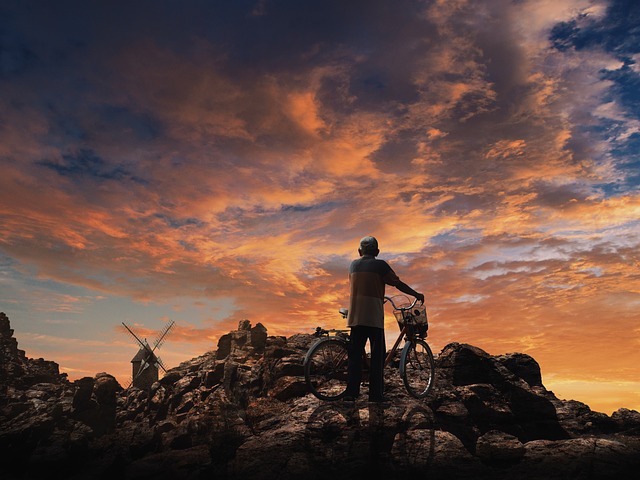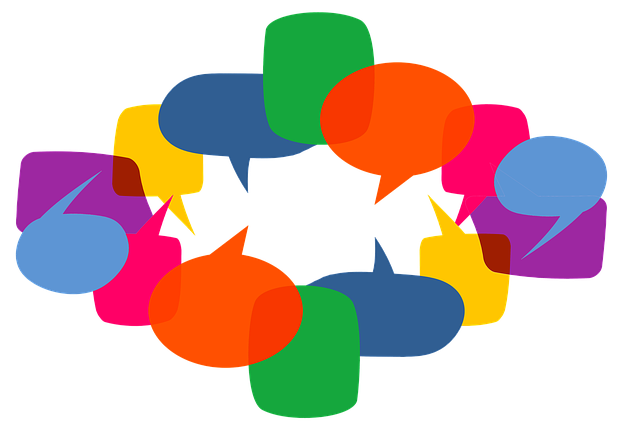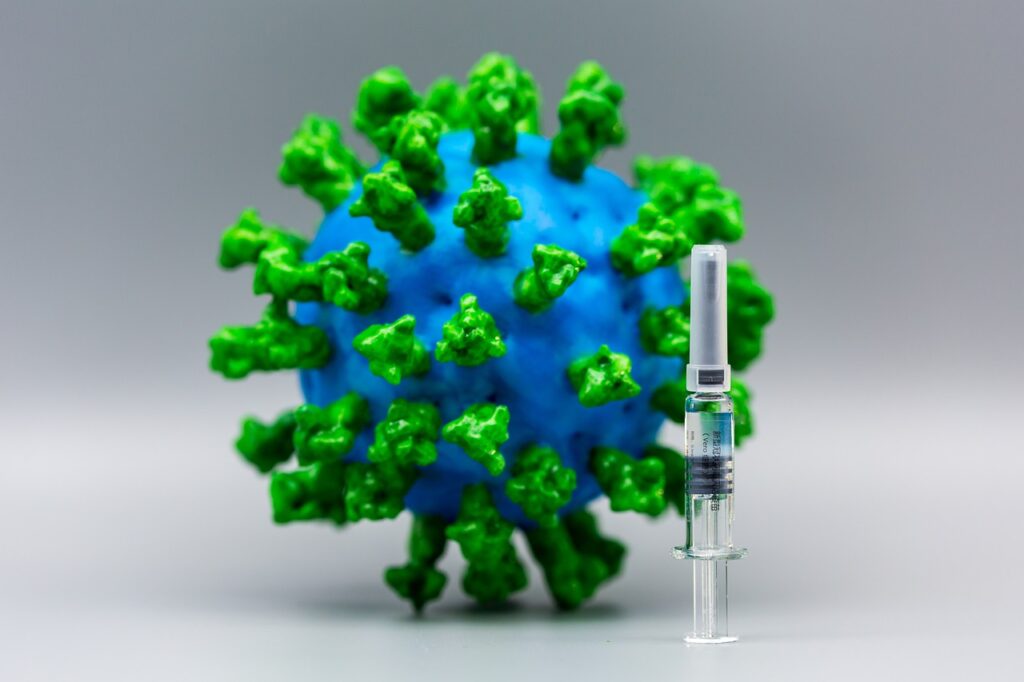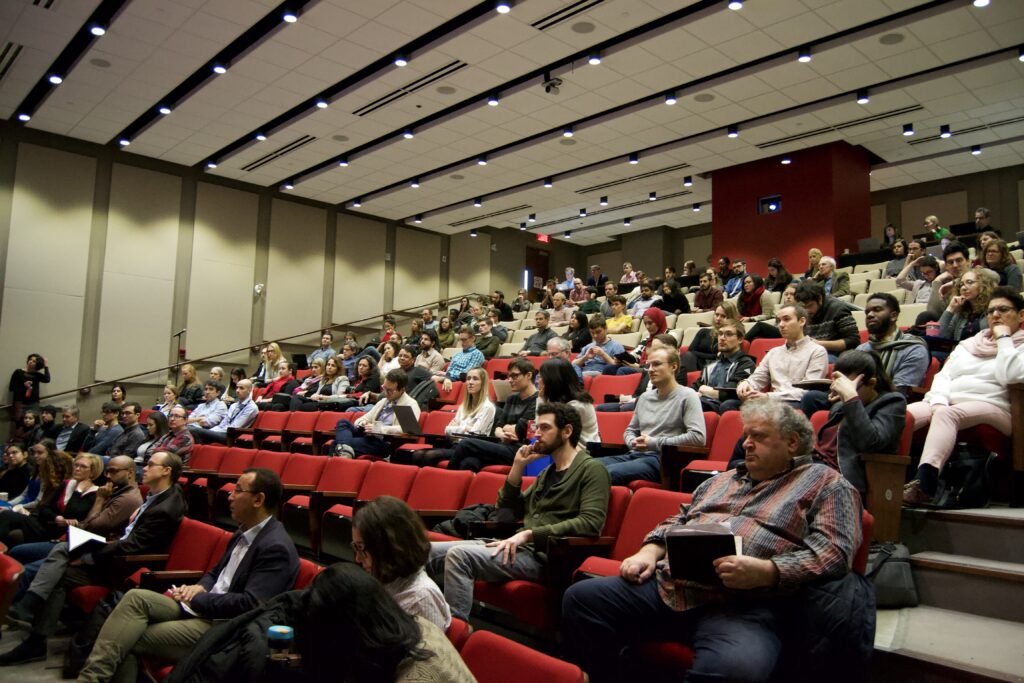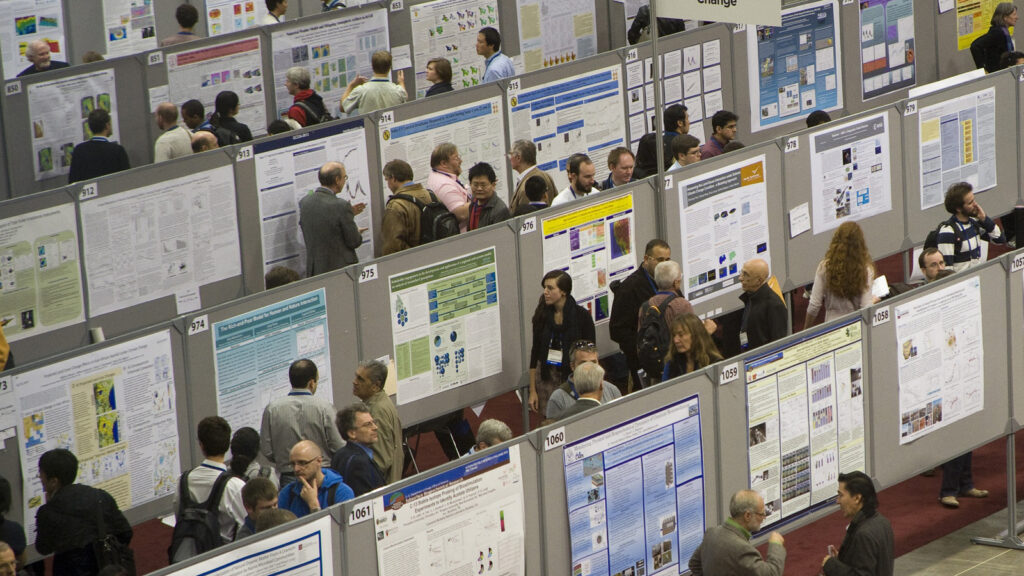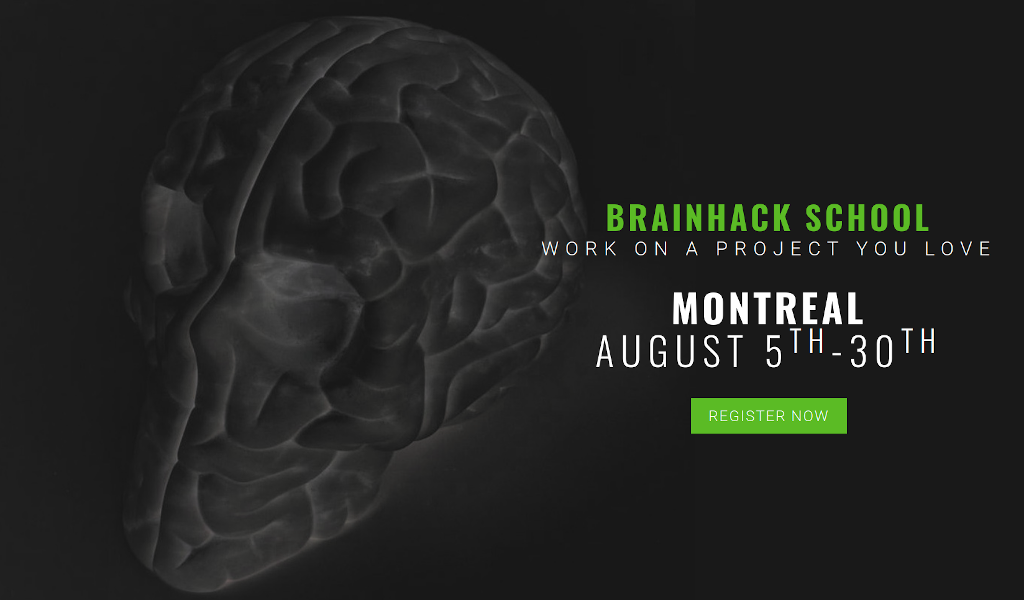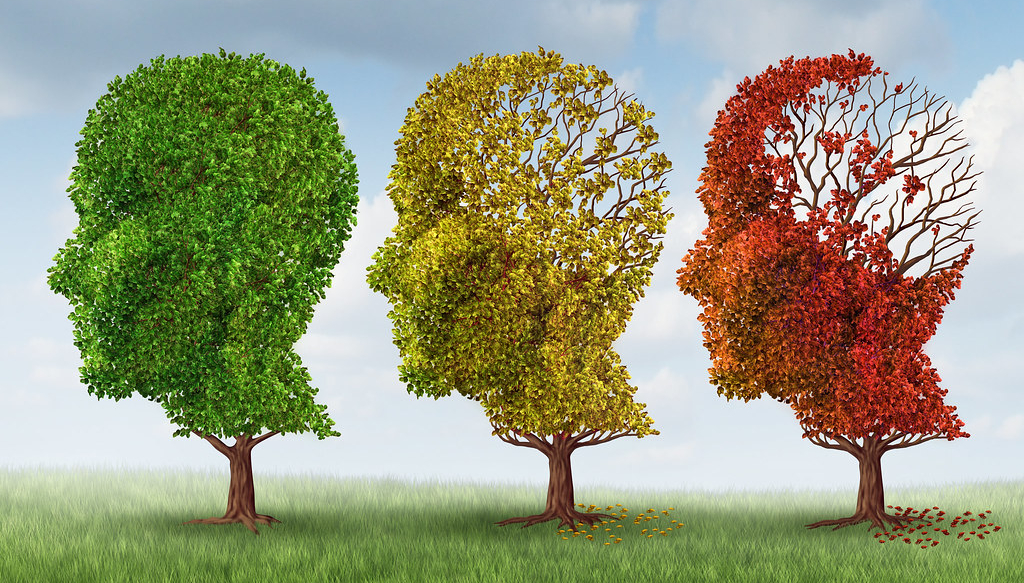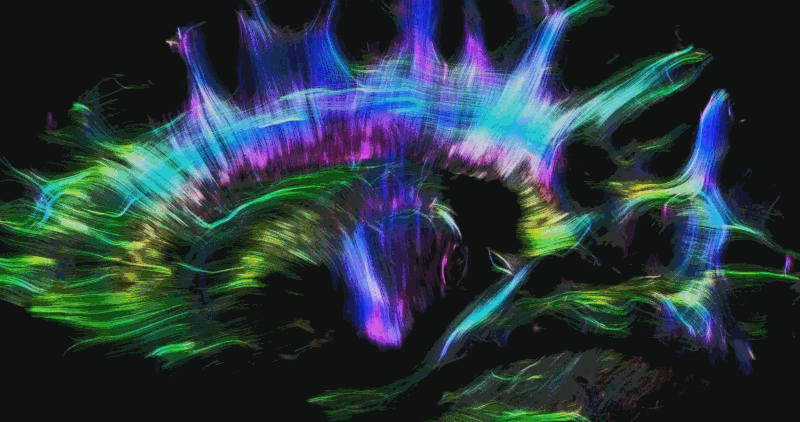This is your brain on COVID: Is the pandemic changing human nature?
With the COVID-19 pandemic persisting for close to a year now, our daily routines and habits have changed dramatically. Those of us working from home have only a short commute from our beds to our desks, which may be convenient, but also reduces our exposure to different environments and blurs boundaries between work and leisure. Those who have lost their jobs or are shouldering childcare responsibilities on top of their work are facing numerous other challenges and changes to their lives, all of which may have lasting consequences. Most obviously, the change in routine due to public health restrictions has resulted in the visible dwindling of our social interactions. Could it be that the pandemic-related shift in our normal routines is also fundamentally changing the way we think and behave as human beings? It might be too early to tell but it’s definitely an interesting question to speculate about.

